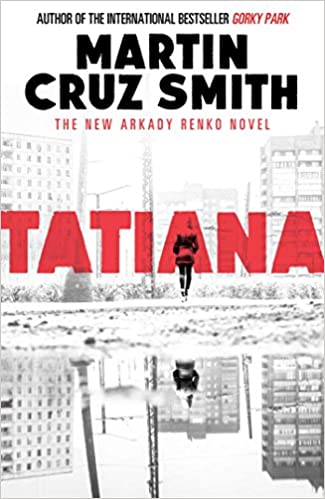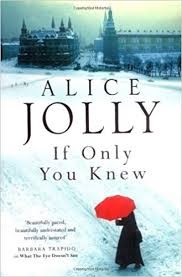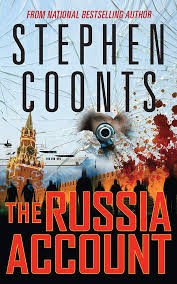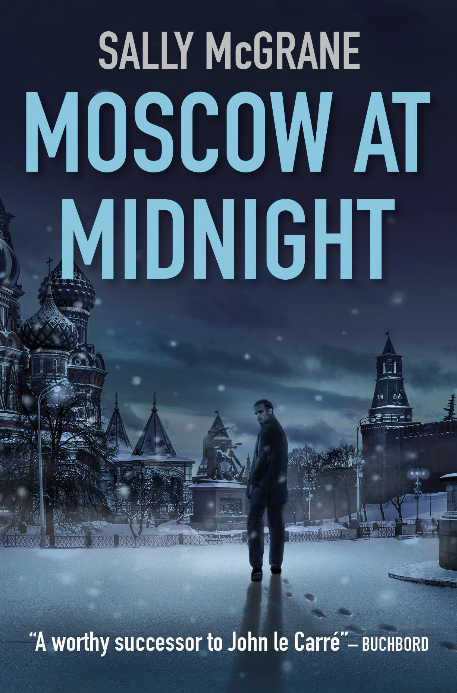
Tatiana is the 8th of Martin Cruz Smith’s Arkady Renko novels, all of which were re-packaged in 2013, with new monochrome photo covers and availability as ebooks.
The Renko novels go all the way back to their remarkable opener, Gorky Park published in 1981, during the dying days of the stagnant but, from this distance, strangely beguiling Brezhnev years. The most recent, The Siberian Dilemma, was published in 2019.
In several interviews over the years —for example in the New York Times in 1990— Martin Cruz Smith has talked about how he originally intended to write a novel about an American detective who goes to Soviet Moscow. Then the ‘obvious idea’ came to him; to make his hero a Russian detective. Arkady Renko was created.
Continue reading



